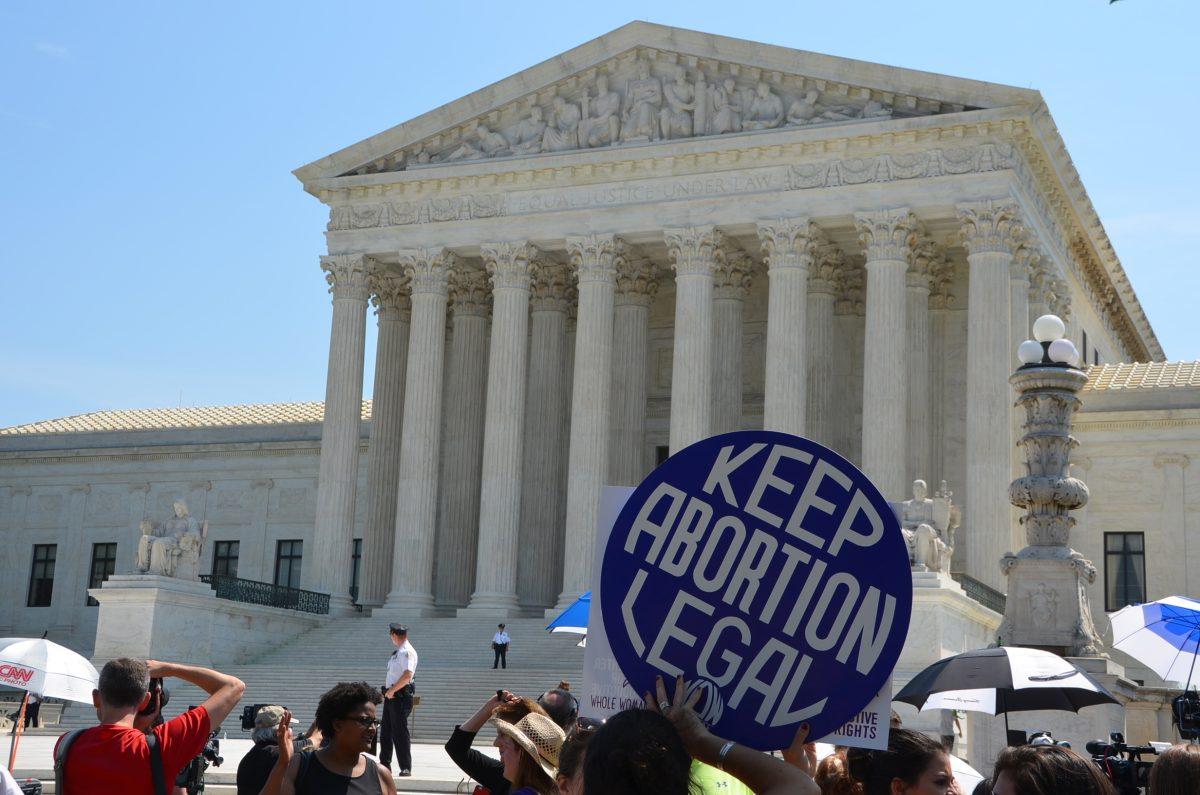Texas is an enigma.
That was my first lesson when I moved to the Midwest. Being Texan is like being a foreigner; even small things were cultural differences. I say howdy when I greet people. Y’all is my favorite word, and despite the reputation Texas and Texans often get, I walk around with a great deal of pride to be from The Lone Star State. At least I did until Wednesday, Sept. 1st, when the Supreme Court and Texas legislators alike showed their true colors and once again proved that Republicans do not want the government in citizens’ business unless it is the business of any minority group.
The Texas abortion law is a near total ban that passed before the end of last session with embarrassingly low opposition. It was a hot button issue for interest groups that dedicate almost all of their time to pro-choice advocacy, but it was squished between Gov. Abbott’s lack-luster COVID response, a hectic and sometimes scary presidential election and a voting rights law that would later thrust Texas onto the national stage for months on end. By comparison, the abortion ban seemed like small potatoes — until we landed here.
The wild overarching ban is abhorrent for two main reasons: the time period in which an abortion is allowed is very short and the ban does not add protections for victims of sexual violence. For anyone fortunate enough to have never experienced a period, it is not something you can set your clock to. If you received any kind of education on reproductive anatomy you were likely told something like “every 28 days” or “every month” which is the “standard” length of a menstrual cycle, but for many people, it does not happen on such a strict schedule. According to the American Academy of Family Physicians, up to 14% of female-bodied people have irregular periods. Up to 14 percent wouldn’t think twice about a missed period, regardless of sexual activity.
Let’s say for argument’s sake, though, that 100% of menstruating people actually have a monthly period. Then, the six-week cut-off assumes that you can find an abortion provider, get time off from work, find someone to go to the appointment with you, schedule the first ultrasound and schedule the actual abortion all within a two-week time frame.
So now that we have talked about access, let’s add the aspect of being a victim of assault. The Texas Legislature has decided your time for emotional processing to experience the breadth of this tragedy and tune back into your body: one month. But rest assured, because Good Ol’ Greg has promised to “eliminate rape,” so, surely, victims won’t even exist anymore. This language and idea creates a continued standard that rape will always have more consequences for the victim.
People suffering from abuse will now be trapped into relationships as abusers hold a pregnancy they couldn’t end over their head. Physically dangerous pregnancies that can not legally be ended despite medical necessity will send our already surprisingly high maternal mortality rate skyrocketing.
Texas will never be a place that’s easy to understand for outsiders. We like our gas stations to have mascots, our hot sauces to have festivals, and our liberties to remain uninfringed. At least that’s what we say until it doesn’t benefit the cishet white men who have always ensured that church and state were never really separate.







